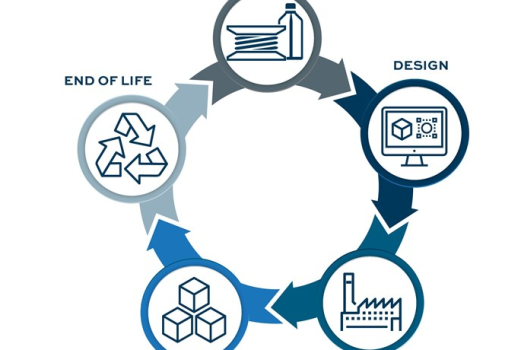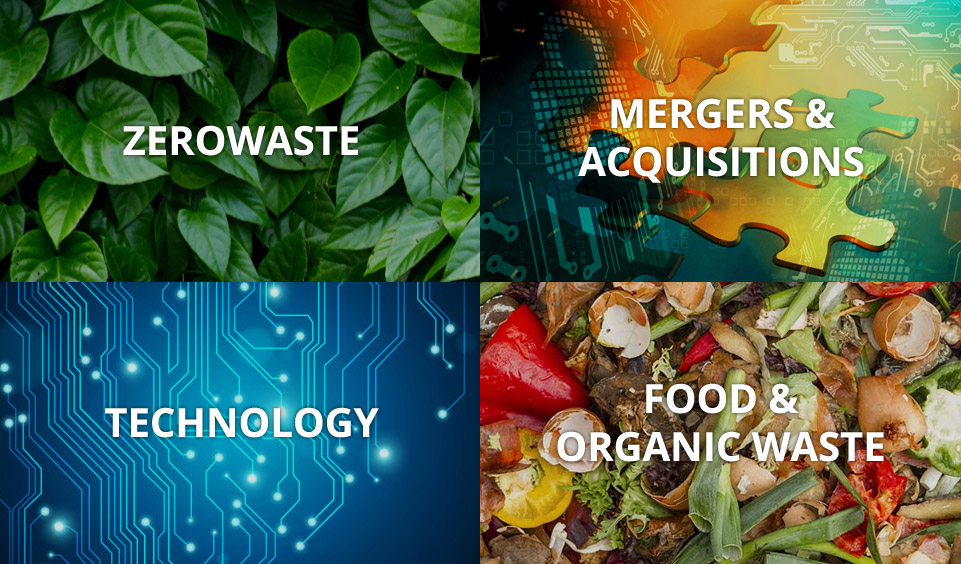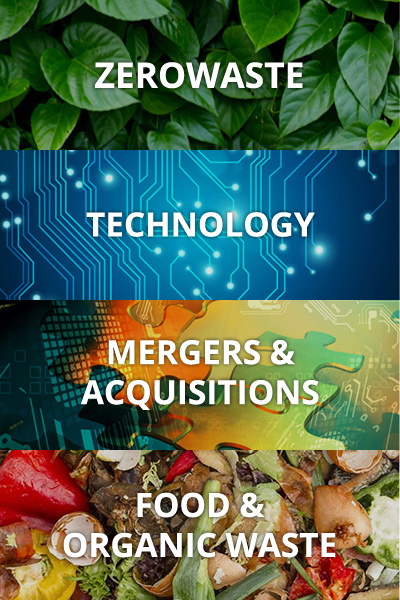Green diesel, also known as renewable diesel or hydrotreated vegetable oil (HVO), is a type of advanced biofuel that can be produced from a variety of feedstocks, such as vegetable oils, animal fats, and even waste materials.
Unlike traditional diesel fuel that is derived from crude oil, it is a renewable, low-carbon fuel that can help reduce greenhouse gas emissions and improve air quality.
How is Green Diesel Produced?
Green diesel is produced using a process called hydrotreating, which is similar to the refining process used to produce conventional diesel fuel. However, instead of using crude oil as the feedstock, hydrotreating uses renewable feedstocks such as vegetable oils, animal fats, and other biomass-derived oils.
The hydrotreating process involves breaking down the long-chain hydrocarbons found in these feedstocks into shorter, more uniform hydrocarbon molecules through a series of chemical reactions that involve hydrogen gas and a catalyst. The resulting product is a clear, odorless liquid that has similar properties to traditional diesel fuel and can be used in existing diesel engines without any modifications.
One of the advantages of green diesel is that it has a higher energy density than other biofuels like ethanol and biodiesel, which means it can be used more efficiently in diesel engines. It also has a much lower carbon footprint than conventional diesel fuel, as it is produced from renewable feedstocks and emits significantly fewer greenhouse gases during production and use.
Feedstocks for Green Diesel Production
Green diesel can be produced from a wide range of feedstocks, including:
- Vegetable oils: Such as soybean oil, canola oil, palm oil, and others.
- Animal fats: Such as tallow, lard, chicken fat, and others.
- Waste oils and fats: Such as used cooking oil, grease trap waste, and other waste materials.
- Algae: Some companies are exploring the use of algae as a feedstock for it’sl production.
Benefits of Green Diesel
- Reduced greenhouse gas emissions: This diesel has a much lower carbon footprint than conventional diesel fuel, as it is produced from renewable feedstocks and emits significantly fewer greenhouse gasses during production and use.
- Improved air quality: It burns more cleanly than traditional diesel fuel, emitting fewer harmful pollutants such as nitrogen oxides and particulate matter.
- Increased energy security: By producing fuel from domestic renewable sources, green diesel can help reduce dependence on foreign oil and improve energy security.
- Economic benefits: The production of this fuel can provide economic benefits to rural communities by creating new markets for agricultural and waste products.
- Compatibility with existing diesel infrastructure: It can be used in existing diesel engines and fueling infrastructure without any modifications, making it an easy and cost-effective option for reducing emissions.
- Long shelf life: Unlike biodiesel, which can degrade over time, green diesel has a long shelf life and can be stored for extended periods without deterioration or the need for additives.
- High performance: This type of diesel has a higher cetane rating than traditional diesel fuel, which means it has better combustion properties and can provide better engine performance and fuel efficiency.
Green diesel is a promising alternative to traditional diesel fuel that offers many benefits, including reduced greenhouse gas emissions, improved air quality, and increased energy security. With advancements in technology and the availability of a wide range of feedstocks, it has the potential to play a significant role in reducing our dependence on fossil fuels and mitigating the impacts of climate change.



